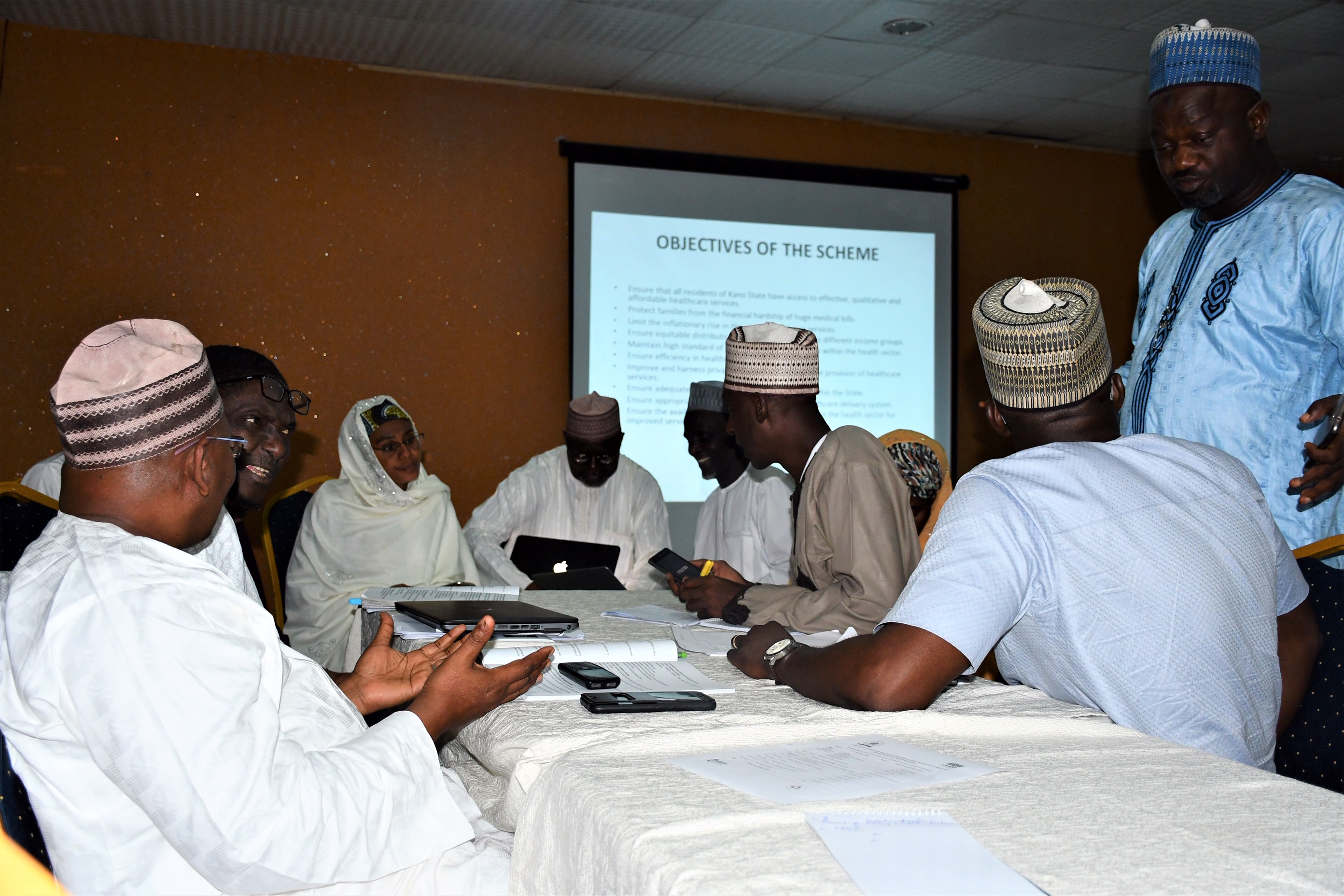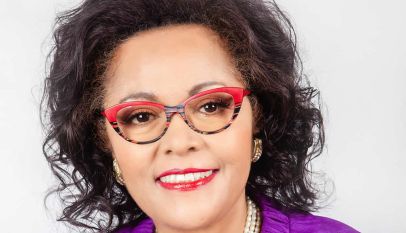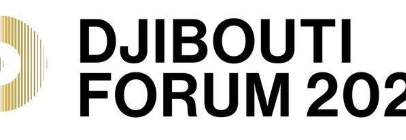Strengthening Kano Contributory Healthcare Scheme through an M&E Framework
It was in a bid to strengthen the Kano State Contributory Healthcare Scheme (KSCHS) by ensuring the availability and accessibility of efficient services for enrollees under its various programmes that the Kano State Contributory Healthcare Management Agency (KSCHMA) is developing a Monitoring and Evaluation (M&E) strategy for the KSCHS. The M&E strategy is expected to address some of the teething challenges the Scheme had been grappling with since commencement of access to care around June 2018.

The Kano State Kano Contributory Healthcare Scheme (KSCHS) was established with the primary of objectives of protecting families from the financial hardship associated with huge medical bills, limiting inflationary rise in the cost of healthcare services; as well as ensuring equitable distribution of healthcare costs across different income groups. Thus, after series of strategic consultations with relevant stakeholders and citizens of the state, the Kano State Contributory Healthcare Scheme (KSCHS) Law 3 of 2016 (1437AH), was enacted by the Kano State House of Assembly.
Formal access to care for enrollees under the KSCHS was launched by the Executive Governor of Kano State Dr Abdullahi Umar Ganduje on June 20th, 2018. The scheme has so far registered over 355,000 enrollees who had since commenced accessing care across 262 accredited primary, secondary and private health facilities spread across the 44 Local Government Areas of the state. The Kano State Contributory Healthcare Management Agency (KSCHMA) is the government agency with the mandate of promoting, regulating, supervising and ensuring the effective administration of the contributory healthcare scheme.
Although access to care under the scheme commenced with only the formal sector, largely civil servants and their dependents (a spouse and 4 biological children), it has since been expanded to cover vital contributors – who are mostly independent businesspersons and foreign nationals living and working in Kano – as well as members of the vulnerable group: pregnant women and children under-five. Civil servants are now also given the opportunity to enroll up to 6 more dependents, upon the payment of an earmarked fee per person, per annum.
It was in a bid to strengthen the scheme by ensuring the availability and accessibility of efficient services for enrollees under the various programmes of the scheme that KSCHMA is developing an M&E strategy for the KSCHS. The M&E strategy is expected to address some of the teething challenges the scheme had grappled with since the commencement of access to care around June 2018; in respect of quality of care available and accessible to its enrollees across the 262 public and private healthcare facilities accredited to provide care. Some of the challenges reported by enrollees under the scheme were to do with unavailability of prescribed drugs at the healthcare facilities and general low quality of care.
Thus, the management team of KSCHMA, members of its governing board and other key stakeholders in Kano state’s health sector were recently in Kaduna for a 3-day workshop focused on developing a monitoring and evaluation framework for KSCHS. The workshop was jointly supported by the DFID-funded Partnership to Engage, Reform and Learn (PERL) and Maternal, Newborn and Child Health (MNCH2) programmes, respectively.
Dr Halima Mijinyawa, Executive Secretary of the Kano State Contributory Healthcare Management Agency (KSCHMA) said the idea behind the M&E framework was for KSCHMA to better track the various programmes under the KSCHS, by being able to determine what was working and what was not working as well. While responding to the charges of low quality service by enrollees, Dr Mijinyawa said they were doing their best to ensure effective supervision and that all enrollees under the scheme had been issued with a booklet containing the benefit package and also a Frequently Asked Questions (FAQs) booklet, which if they comprehend, would help address most of their complaints.
“If they have issues, there are numbers to our call centre which operates 24 hours, on the benefit package. They can call to lodge their complaints. Moreover, we go on inspection visits around the facilities. Members of the Governing Board [of KSCHMA], the Ministry of Health, NHIS as well as labour and civil society organizations also conduct supervision in the facilities. Again, there are dedicated desk officers across all the facilities who act as liaisons between the enrollees and the scheme,” she said.
“The agency also convenes a monthly meeting with all the engaged healthcare facilities under the scheme to discuss arising problems and proffer solutions to them. Also, there is a whole department in the agency which is responsible for going round the accredited facilities from where we received complaints to ensure those lapses were corrected. And in the event such erring facilities fail to improve after repeated warnings, they would be suspended from receiving the monthly capitation. If there is still no improvement, such facilities could be expelled from the scheme, altogether.”
Dr Mijinyawa however, said enrollees that were not satisfied with quality of care at their registered facilities could always change such facilities.
Shuaibu Indabawa is the zonal coordinator of the National Health Insurance Scheme (NHIS) in charge of Kano, Katsina and Jigawa states as well as a member of the governing board of KSCHMA. He believes although the Scheme was facing operational challenges, it was still one of the most successful State-Supported Health Insurance Schemes (SSHISs) in Nigeria hence it was not doing badly; he acknowledged the fact that no such scheme succeeds without periodic assessment which could only be done through an M&E strategy.
“If there are operational challenges, you need to identify them and see how to address them. There is also need for periodic evaluation to determine gaps. Therefore, the M&E framework will help address the issue of operational efficiency to ensure enrollees are getting quality service. Laudably, capitation is paid to the facilities by KSCHMA on or before 15th of every month, while service fee is also being reimbursed to the facilities. Already, there are facilities that are judiciously utilizing the funds coming through the contributory healthcare scheme; some of them have already employed casual staff, some have acquired more equipment,” he said.
Hafsat Kolo, the co-chair of the Accountability Mechanism for Maternal and Child Health in Kano State (AMMKaS), is also the civil society representative on the governing board of KSCHMA who believes the M&E framework will help strengthen the scheme adding that whereas there were lots of complaints at inception of the scheme, such complaints were becoming lesser and lesser.
“Enrollees complain of not assessing drugs at the facilities which is due to many reasons including communication gap between the health workers and enrollees; health workers sometimes do not know if such patients are under the contributory scheme. Sometimes, the issue is that the exact prescribed drugs are not available and the dispensers will refuse to dispense their alternatives,” she said. “At times, there may not be available the complete prescribed dosage and instead of the pharmacist to dispense the available measure; he would say the drugs are not available, altogether. We will continue to enlighten the public about the scheme including promoting its success stories so as to encourage more enrollees to access care.”
Muhammad Abdulaziz, the Monitoring and Evaluation and Value for Money (M&E/VfM) adviser for the MNCH2 programme, believes KSCHMA needs the M&E framework as a major guide in their operation. “The M&E plan is the only document that will help the agency measure it is performance – based on inputs and activities. The document will help them identify their challenges and guide them in planning for the future.”








